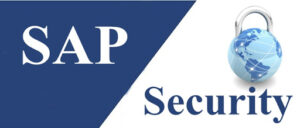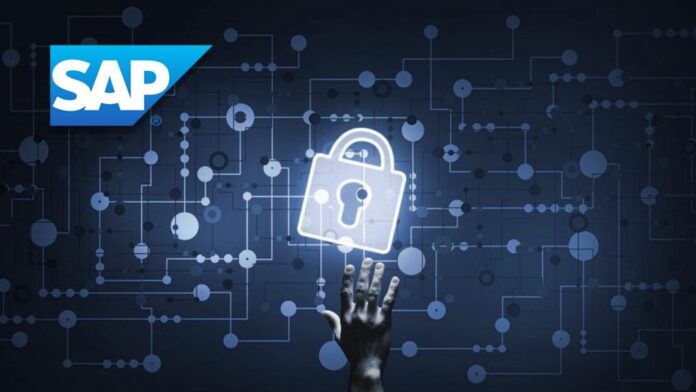SAP Security Consultant
As a SAP Security Consultant, one of your responsibilities is to make sure that an organization’s SAP systems are secure and reliable. You are in charge of putting security measures in place and keeping them up to date in order to safeguard sensitive data, thwart unauthorised access, and lessen risks and vulnerabilities. These are some essential facets of your job:

User Management: In the SAP system, you control user access and roles. This entails setting up and managing user accounts, granting the proper authorizations and rights, and watching user activity to look for any unauthorised or suspect activities.
Designing security roles and authorisation ideas depending on the needs of the organisation is your responsibility. In order to avoid conflicts of interest, this entails defining user roles, granting the proper access privileges, and implementing segregation of duties (SoD).
To ensure compliance with industry legislation (like the GDPR) and internal security guidelines, you create and enforce security policies, standards, and procedures. This entails carrying out security audits and risk analyses as well as putting procedures in place to address found vulnerabilities.
Security Configuration: To protect crucial system elements like client settings, transport management, and secure communication protocols, you establish and monitor SAP security settings and parameters.
Investigating, logging, and minimising the effects of any security vulnerabilities or breaches is how you handle security events and breaches. To fix problems and put remedial measures in place, this calls for collaboration with other IT teams and stakeholders.
You keep up with the most recent SAP security patches, updates, and releases. Security Upgrades and Patch Management. To guarantee system stability and protection against new threats, you plan and carry out security-related upgrades and deploy appropriate patches.
Training and Awareness: To inform SAP users and stakeholders about security best practises, data protection, and potential hazards related to unauthorised system access, you offer training and awareness programmes.
































